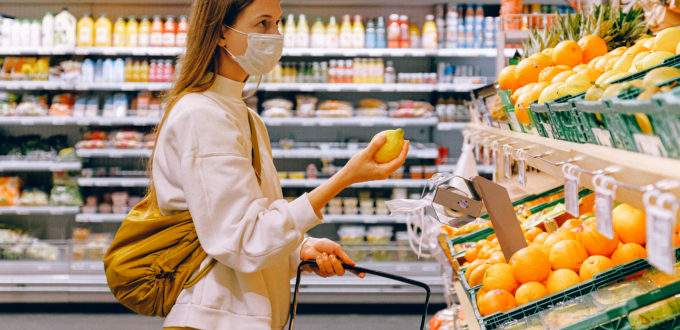According to the Centers for Disease Control and Prevention, COVID-19 spreads from person to person through respiratory droplets from talking, coughing, and sneezing.
Public health officials have recommended the use of masks to diminish the spread of the virus. Today, at least a dozen states are requiring them. But masks have been a contentious issue throughou this pandemic.
Recent survey revealed that about 2/3 of their respondents say they either always or mostly wear mask in public. 69% of them said they see it as a sign of respectfulness while 83% of them said they did not see it as a sign of weakness.
While a huge percentage of people had no problem wearing mask in public, there are some people who didn’t see it as necessary. They refused to wear a mask, and then turn violent when asked to do so.
Face mask rules lead to violent confrontation
As more and more businesses re-open in different parts of the country, some businesses decided to adapat this rule and turned their staff into defacto enforcers of public health guidelines.
They would confront customers who aren’t wearing masks. Some were told they aren’t allowed to buy unless they follow the protocol. In some cases, this leads to confronation between the staff and the customer.
Over the past few weeks, we’ve seen similar stories on social media.
In Perkasi, Pennsylvania, a man punched the cashier three times in the face after being told that he could not buy a pack of cigarette without a mask on.
A Target employee in Vanuys, California ended up with a broken arm after helping remove two customers who refused to wear a mask.
In Florida, a shopper was recorded shoving a Walmart employee.
Why are Americans having an emotional reaction to wearing masks?
Wearing a mask in public might seem like a small step to preven the spread of the virus. Some people, owever, feel like the mandate infringe on their rights.
Some people don’t want limits on their behavior. They’ll do what they want do do. They hate to be judged, criticized, or embarassed. This is what they feel like when someone asks them to wear a mask.
When a person feels like there’s a threat to his freedom to behave as he wishes, it leads to “psychological reactance” or the instant desire to regain that freedom. This is why some people get angry, protest or become violent.

